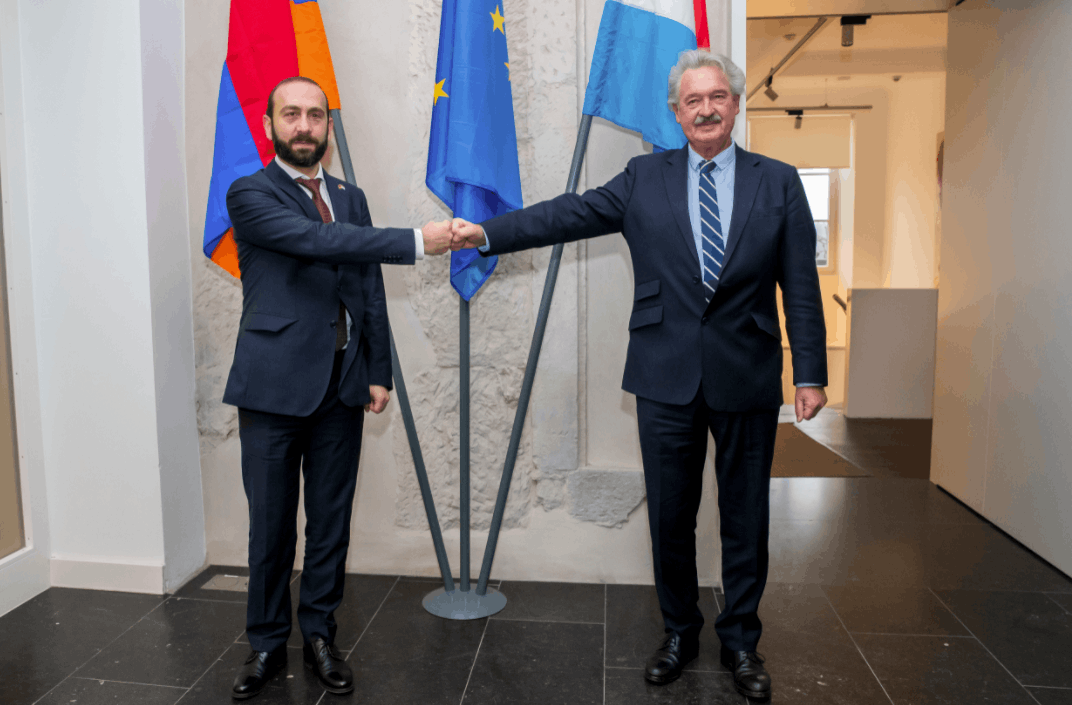The main topics of discussion were the relations between Armenia and Turkey as well as the conflict in the Nagorno-Karabakh region and the tense relationship with neighbouring Azerbaijan.
Regarding the latter, Armenia's foreign minister highlighted the complex and sensitive situation, and how fear creates insecurity among the Armenian population.
He described the stark situation for Armenian prisoners of war and brought up the question of territory disputes, as well as the destruction of Armenian cultural and religious heritage.
Parliament speaker Fernand Etgen recalled that the parliament had voted on two motions concerning the conflict in Nagorno-Karabakh region--a landlocked region in the South Caucasus and a disputed territory, internationally recognised as part of Azerbaijan. While the Armenian genocide was recognised by Luxembourg's parliament in 2015.
The recognition of the genocide would not be a precondition for Armenia for the establishment of relations with Turkey, clarified Mirzoyan in response to a question from a member of parliament. Ankara nevertheless refuses to recognise this genocide.
There were approximately 1.5 million Armenians living in the multiethnic Ottoman Empire in 1915. At least 664,000 and possibly as many as 1.2 million died, either in massacres and individual killings, or from systematic ill treatment, exposure, and starvation.
The Armenian genocide, conducted by the Ottoman Empire is a serious bone of contention on the geo-political stage.
On April 24, 2021 U.S. President Joe Biden acknowledged the genocide. While, Turkey's prime minister said relations between Berlin and Ankara were “damaged” in 2016, when the German parliament voted to officially recognise the killings of Armenians as a genocide.
The minister was asked to assess the stability of the democratic structure of the country. He underlined that the Republic of Armenia is a young democracy that faces multiple challenges. Therefore, it requires the support of well-established democracies like Luxembourg.
During the exchange of views Mirzoyan also stressed the importance of a European presence in the region in order to defend common values. “Young democracies must not be abandoned,” asserted the Armenian Foreign Minister.
